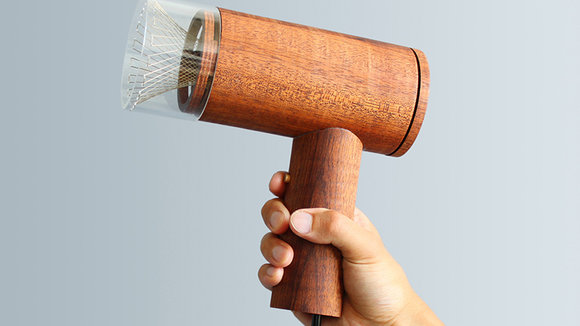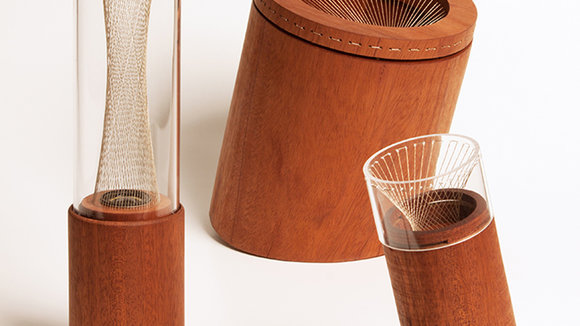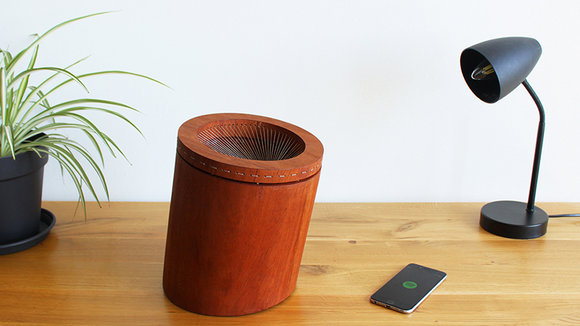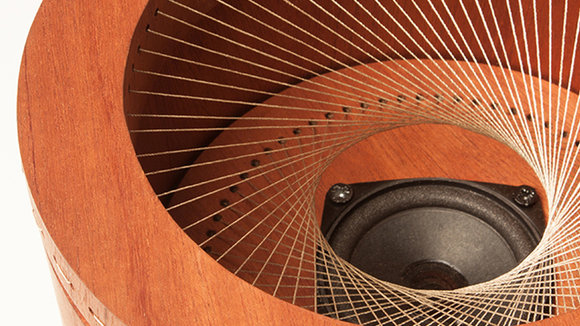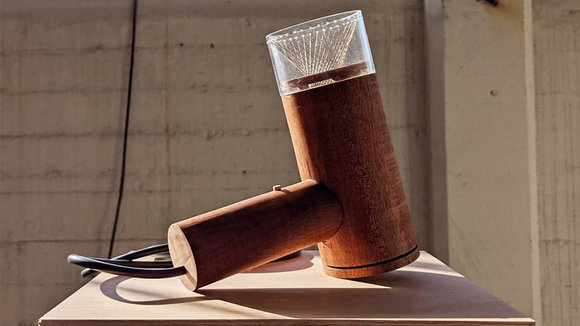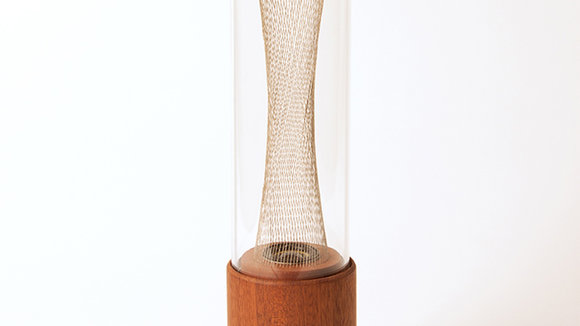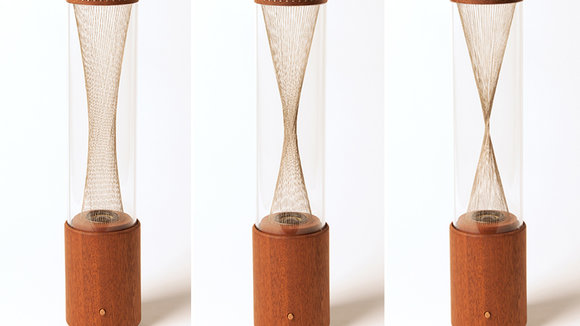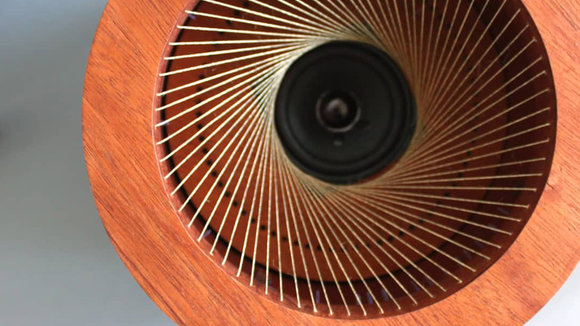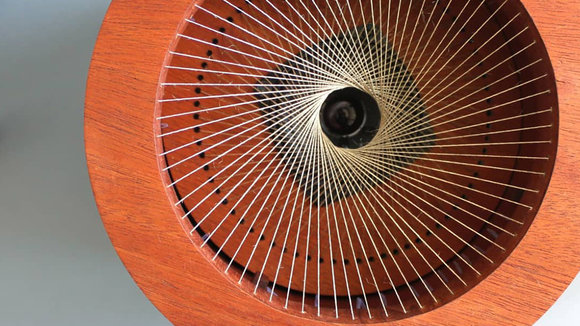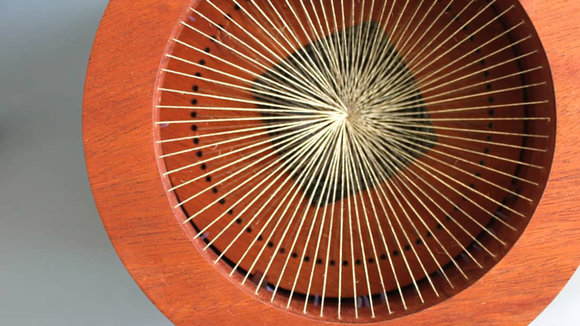1/10
How a Japanese Designer is using traditional crafts to change our perception of disposable product designs
Let’s start with a question, the last time you went looking for a product, say a
, what did you look for in that design? The common answer would be the features of the product, price, color, form, and of course brand – to name a few. But we never wonder about what happens to the product once we are done using it. I believe any design is truly sustainable when the designer has a solution for the treatment of the product after we are done using it. Designer Kodai Shimizu is actually implementing this thought with his collection of designs titled the Craft-Techmen Project.
The philosophy behind these designs is simple – if we create an emotional aspect to our products along with an easy way to repair them at home, each of these previously disposable designs will become an heirloom to be handed down across generations. Kodai Shimizu, who is a graduate of the Design Academy Eindhoven, decided to change our approach to everyday objects by using a thread as a conductive material. The products included here are a hairdryer, a radio, and a speaker as of now. This collection of threads replaces the switches and controls but rather gives us a new mechanism for controlling the volume, speed, or temperature of each of these products. Also, the design being so simple, it is easy to dismantle and repair the device if need be!
“Since threads are used to assemble the parts together in this project, not only is it easier to disassemble and repair, but it is also possible to add new functions to home appliances by using current-carrying threads. By rotating a part of the home appliance, the threads touch each other, and the voltage changes and the microchip inside the appliance responds according to the value, and the thread that conducts electricity acts as a dimmer switch” says the designer.
The Craft-Techmen Project is almost a rebellion to the mass-manufactured products available in the market today. Using wood for the body of the products ensures each product ages gracefully over time, almost changing with each year the product is used, absorbing the memories and characteristics of the user. I know technology progresses very fast and yes, the hairdryer or speaker of the future may be a whole new device after all, but tell me this, would you let a beautiful timeless radio like this handed down to you, be thrown away or would it be as treasured to you as your grandpa’s favorite vinyl disc and turntable? I know I would treasure mine.
Designer:
The hairdryer’s transparent top doubles up as the temperature control. A simple twist of the surface relates to a higher temperature. The almost analog-like beauty of this design lets you actually see the physical interaction ( and the twisting of the threads) that causes this temperature change.
Rotate the wooden disc atop this radio to see the threads interact and the channel change. I can see people across the ages – a grandfather and his grandson watching in wonder as they almost play with this device to get their favorite radio channel.
Although lacking a see-through surface to enjoy the interactions, this chunky speaker design holds the details atop the speaker and you can see them move as you adjust the volume.
While these are just three products displayed here, the project suggests a new take on everyday objects for our modern daily lives to question the materials and electronic technologies surrounding us. And after seeing this collection, it sure has given me some food for thought.
发布于2020-10-23
设计师
Kodai Shimizu
颜色
相关推荐
